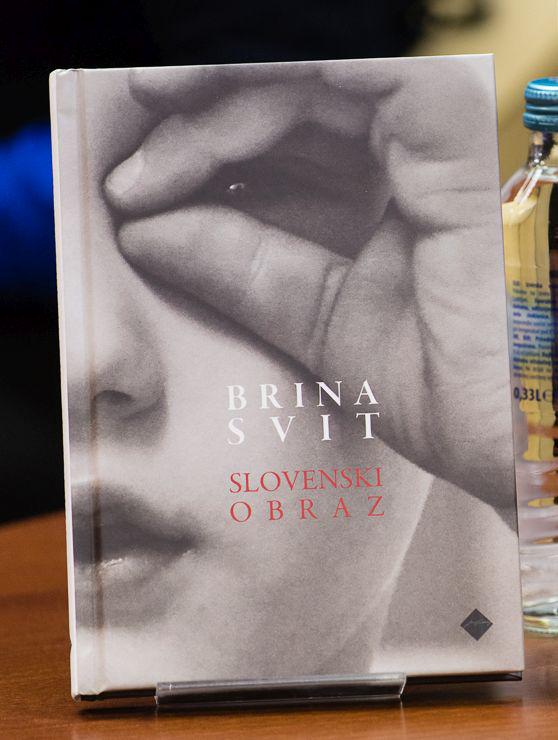

The City of Light has long attracted some of the world’s most creative talent. Since 1980, Paris has also been the home to a writer named Brina Svit, a Slovenian woman who has been embraced by an international readership.
Born Brina Švigelj in 1954, Svit has always been a restless spirit. After completing her studies at the University of Ljubljana, Svit moved to Paris. She began to write full-time, first in Slovenian and then in French.
Her novels, featuring deeply human stories on topics ranging from interpersonal relations to the nature of sentimentality, soon became hugely successful. They were picked up by the prestigious Gallimard publishing company, and Svit emerged as a fixture on the Parisian literary scene, which isn’t always receptive to outsiders.
Always passionate about self-expression, she fell in love with tango, and traveled to Buenos Aires. There, she developed bonds with Argentina’s Slovenian community, whose members she had originally dismissed as Nazi collaborators. But eventually, she grew fascinated by their life stories, which she would later turn into a book titled Slovenski obraz (The Slovenian Face), a work about the trauma of her country’s wartime division.
Several of her novels have won prestigious prizes: Her novel Une nuit a Reykjavik received the European Madeleine Zepter Prize, Moreno and Un coeur de trop received prizes given out by Académie Française; she is also the recipient of the Pelléas Prize. Her works have even caught the attention of French film producers. While none have been turned into movies so far, Svit’s novels are now being discovered by readers outside France, having been translated into Italian, German, English, and other languages.
While Svit resides in Paris, she also spends time on Slovenia’s sun-bleached Karst Plateau, whose nature inspires her, and in Buenos Aires, whose zest for life and tango gives her new energy. After all, it was the diverse nature of her experiences that helped make her one of Slovenia’s – and France’s – most interesting literary stars.

































































